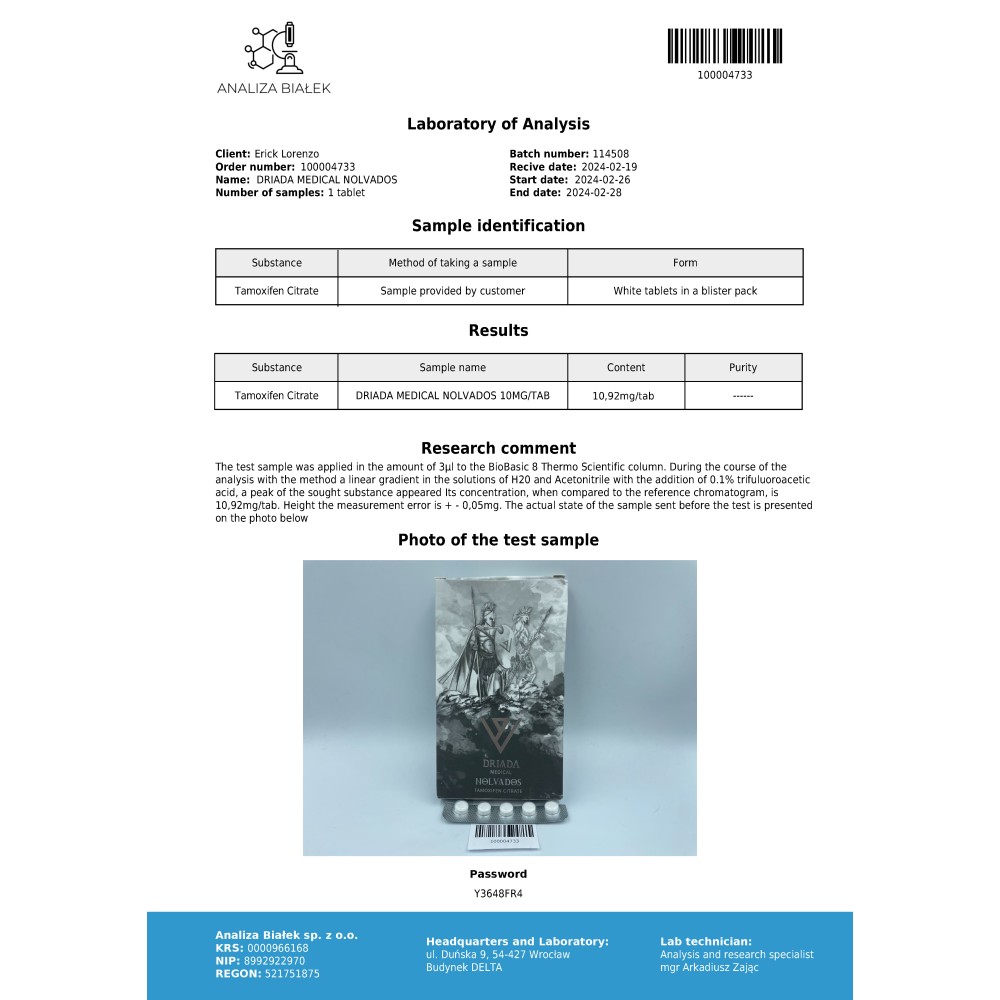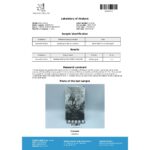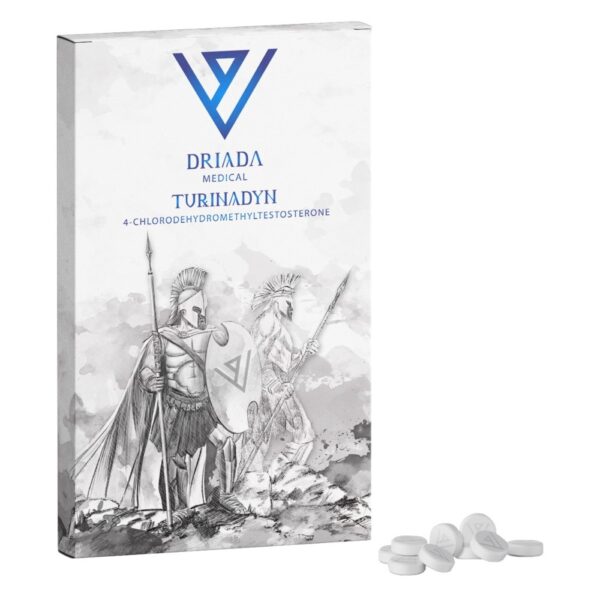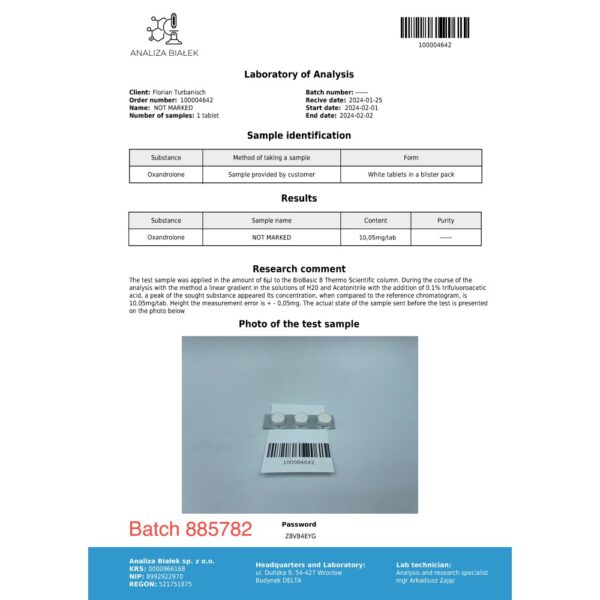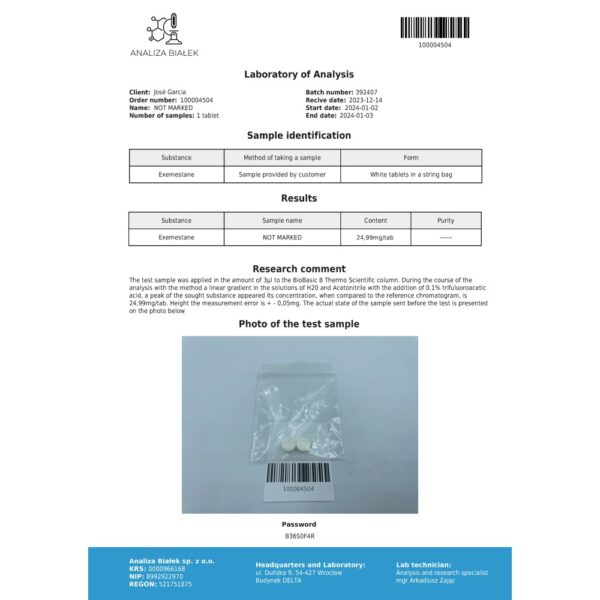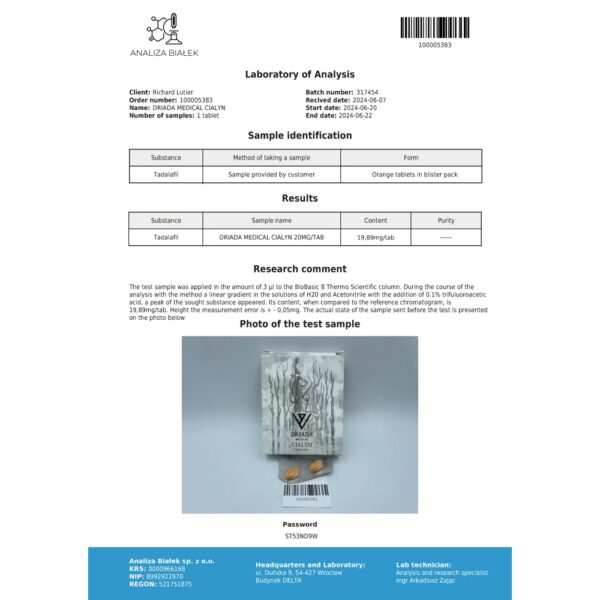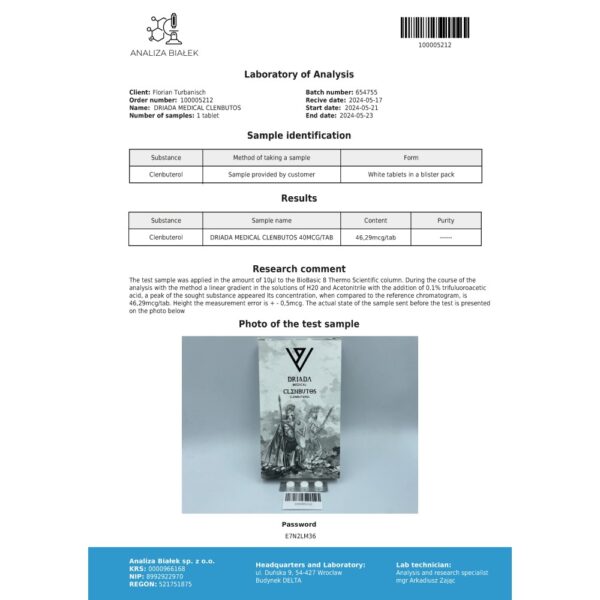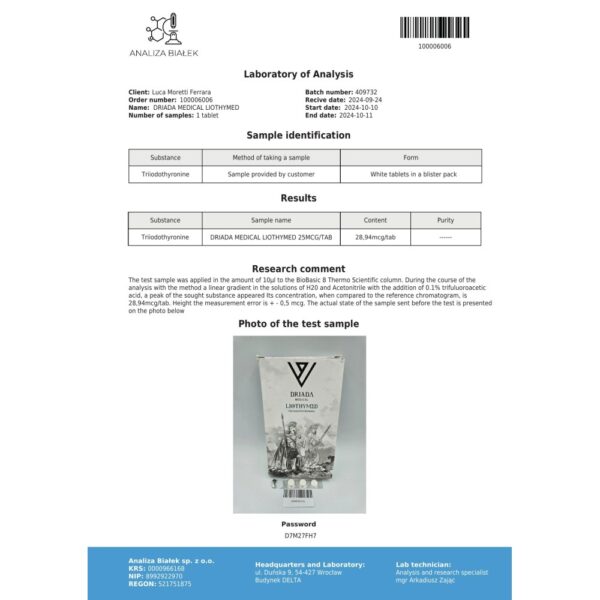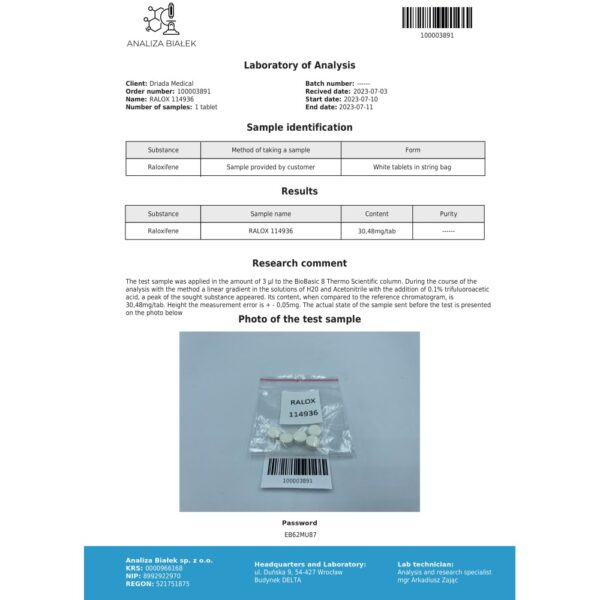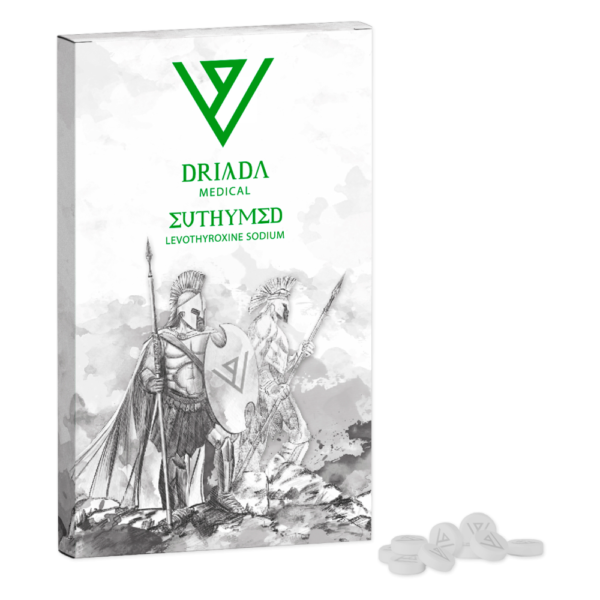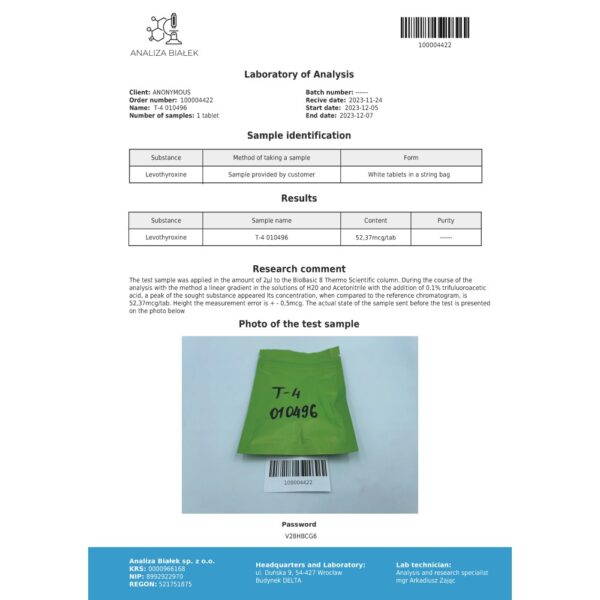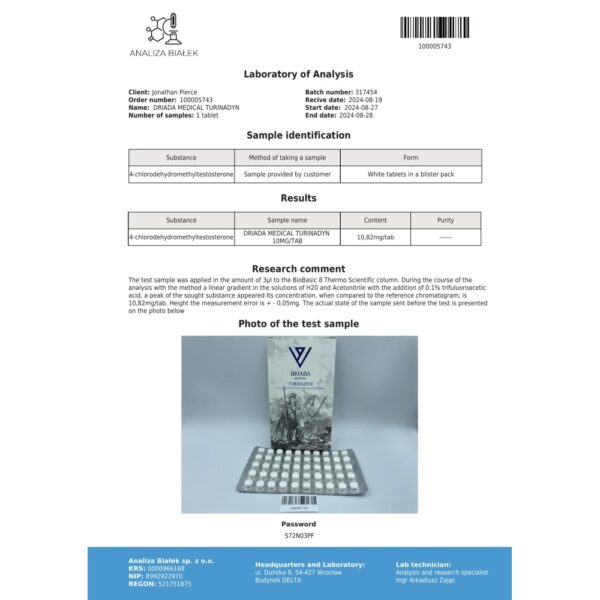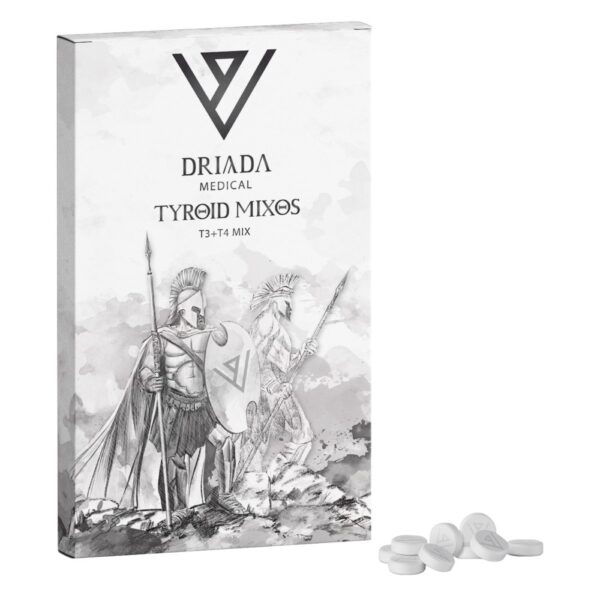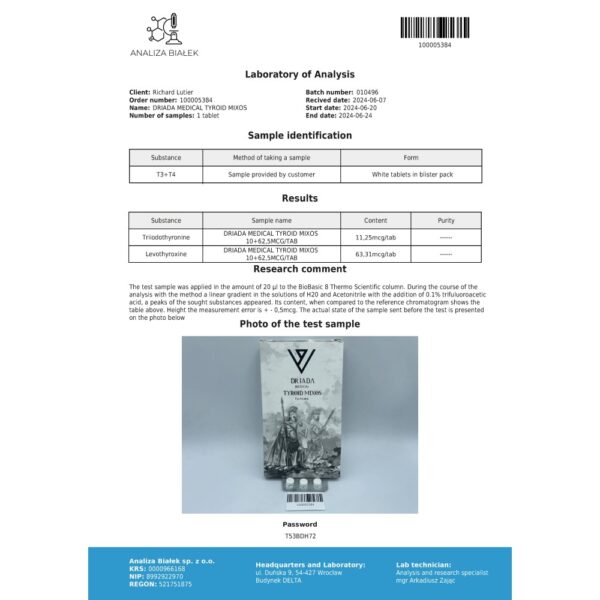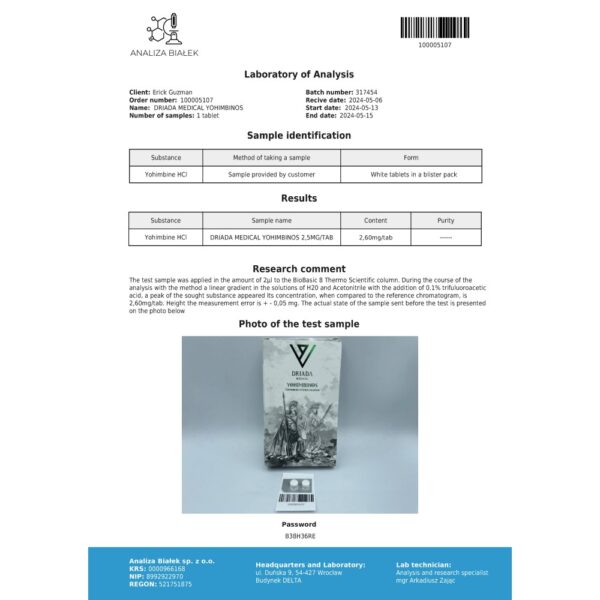- Active ingredient: Tamoxifen
- Type: Selective estrogen receptor modulator
- Form: Oral (pills)
Description
Tamoxifen is an antiestrogen belonging to the triphenylethylene group. It is classified as selective estrogen receptor modulators with mixed agonist and antagonistic properties. This means that in certain tissues they block the action of estrogen by binding to receptors, while there is an exception – the bone tissue, where, on the contrary, it. activates estrogen receptors, and its useful feature to prevent osteoporosis. In men, the drug acts as an antiestrogen, blocking receptors throughout the body, including in its ability to interfere with the negative feedback of estrogens to the hypothalamus and stimulate increased production of GnRH (gonadoliberin), which in turn causes the production of LH and FSH hormones by the pituitary gland, which trigger synthesis of testosterone and sperm in the testicles.
Research conducted in the late 70s at the University of Ghent in Belgium clarifies the benefits of Tamoxifen over Clomid in increasing testosterone levels. Researchers looked at the endocrine effects of tamoxifen and clomid in healthy men as well as those with oligospermia. It was also found that Tamoxifen, when used for 10 days at a dosage of 20mg per day, increased serum testosterone levels by 142% from baseline, which was comparable to the effect of 150mg of clomid per day over the same period of time.
Difference with clomiphene
Tamoxifen has no effect on blood estrogen levels. The mechanism of its action is reduced to the blockade of estrogen receptors, including in the pituitary gland. However, Clomiphene is the more selective blocker it more specific to pituitary gland, while Tamoxifene is less selective. If Clomiphene binds to estrogen receptors mainly in the pituitary gland and testes, then tamoxifen binds to them in almost the entire body evenly. That’s why tamoxifene is better solution for estrogen induced gynecomastia in men.
Clomiphene acts as an antagonist of estrogens and eliminates their inhibitory effect on the hypothalamus and pituitary gland, contributing to a more rapid restoration of their function. Tamoxifen, blocks receptors in almost all tissues, and also helps the body begin to restore its own testosterone. It is important to note that tamoxifen is less able to block estrogen receptors in the pituitary gland than Clomiphene. Clomiphene and tamoxifen do not affect the metabolism of estrogen hormone both, therefore, while taking these drugs, estrogens continue to be destroyed by liver enzymes, and do not accumulate in the body.
Warnings
Tamoxifen increases the number of progesterone receptors, so it cannot be used if the cycle is based on progestin drugs (nandrolone, trenbolone). In this case, clomiphene should be used.
Dosages
The typical recommended Tamoxifen dosage is 10–40 mg per day taken in one or two doses.
Effects
- Blocking estrogen receptor
- Increase production of endogenous testosterone(as the part of PCT or anti-age therapy)
- Strengthens bones
- Prevents the estrogen induced gynecomastia
- Tamoxifen lowers cholesterol levels, which is important when using steroids
Side effect
- Breast tenderness or discomfort
- Headache
- Nausea
- Diarrhea
- Flushing
- Blurred vision or other visual disturbances
- Note that Tamoxifen side effects are very rare
Profile
- Half-life: 5-7 days
- Frequency of intake: 1 time day
Contraindications
- Anticoagulant therapy, chemotherapy, stroke, thromboembolism
- Endometrial cancer, endometrial hyperplasia, new primary malignancy, uterine cancer
- Anemia, bone marrow suppression, leukopenia, neutropenia, thrombocytopenia
- Cataracts, visual disturbance, visual impairment
- Hypercalcemia
How to store
- Keep away from children
- Keep in a cool, dry place, away from direct sunlight
- Store at room temperature
- Do not use after the expiry date
More you can find on our website: https://driada-medical.shop


